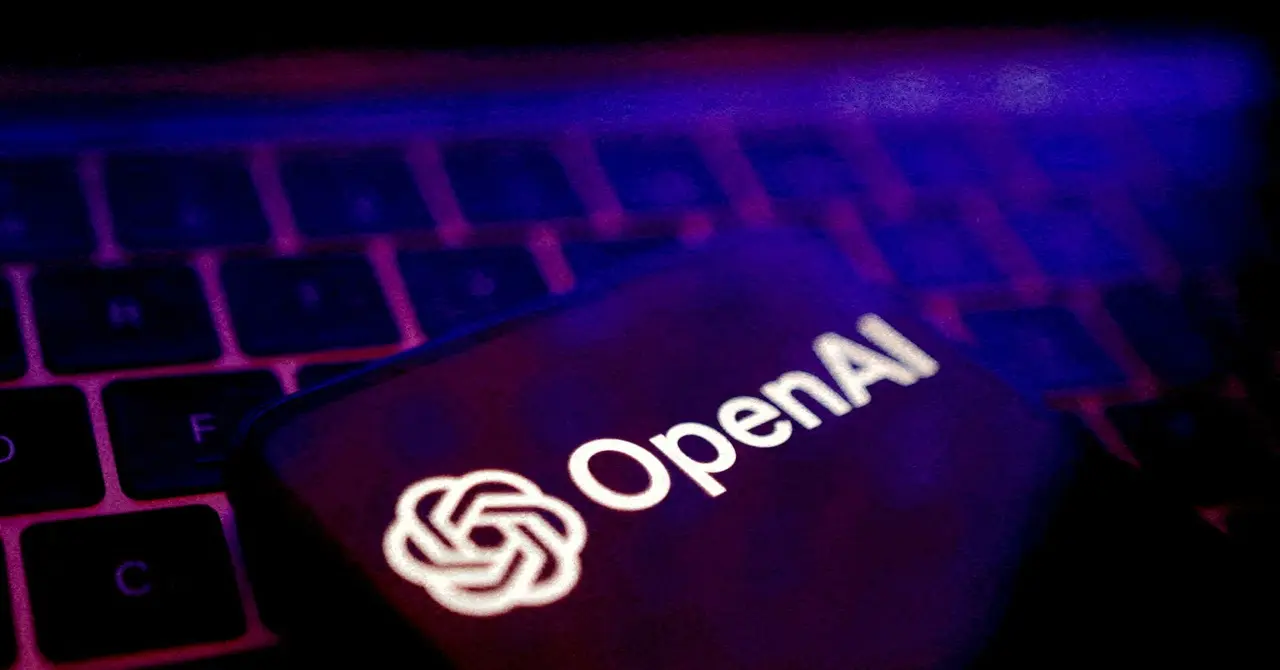US Developers Lead in AI-Assisted Coding, Study Reveals Significant Economic Impact
2 Sources
2 Sources
[1]
American coders are most likely to use AI
US-based software developers are the world's most prolific users of AI coding assistants, a trend that researchers believe has national economic implications. A quartet of researchers explore American coders' liking for helpful bots in a preprint paper that analyzed 80 million code submissions to GitHub between 2018 and 2024. The researchers - Simone Daniotti, Johannes Wachs, Xiangnan Feng, and Frank Neffke - devised a machine learning model to analyze GitHub submissions and found an estimated 30.1 percent of US-sourced Python functions submitted to GitHub in 2024 were AI-generated. Germany came in next at 24.3 percent, ahead of France (23.2 percent), India (21.6 percent), Russia (15.4 percent) and China (11.7 percent). The paper argues that once developers use AI for 30 percent of their code, quarterly commits rise by 2.4 percent. "Coupling this effect with occupational task and wage data puts the annual value of AI-assisted coding in the United States at $9.6-$14.4 billion," the authors argue. The estimate aligns with Microsoft CEO Satya Nadella's claim that presently about 30 percent of Microsoft code is written by AI. The potential economic benefit arising from AI-enhanced commit rates could be even higher, the authors argue, if higher productivity claims from other AI surveys are used, such as this report from last September that found a 26 percent productivity improvement. Based on task completion time estimates from three different randomized controlled trials that found productivity improvements of 16.5 percent, 6.3 percent, and 26 percent respectively, the researchers conclude 30 percent AI usage would lead to a productivity lift worth between $64 billion and $96 billion annually. The authors acknowledge that their estimates have limitations. They note, for example, that their focus on GitHub code submissions may miss those made to Gitee, which is popular in China. And they say they don't take into account "any potential reduction in value of coding tasks due to additional supply of code by AI." There are other factors that may skew the author's results, like treating Python as representative of the impact on software development in other languages and assuming that the rate of AI usage in open source projects on GitHub is repeated in other settings. But overall, the authors say they're bullish on the productivity value of AI. What's more, they say, AI adoption leads to increased experimentation with new software libraries and combinations of libraries, which expands developer knowledge. That assumes those libraries actually exist and weren't dreamt up by AI. Outside of writing code, the economic impact of AI may be more modest. In a paper published last year, "The Simple Macroeconomics of AI," MIT Institute professor Daron Acemoglu predicted AI-driven productivity gains of only about 0.7 percent. ®
[2]
AI coding assistants are getting ever more popular - especially in this country
A new research paper entitled "Who is using AI to code? Global diffusion and impact of generative AI" has found US software developers are the most intensive users of AI coding assistants globally. By December 2024, artificial intelligence was believed to have generated nearly one in three (30.1%) Python functions by US developers on GitHub. This puts US developers far ahead of their global counterparts in terms of AI usage, with countries like German (24.3%), France (23.2%), India (21.6%), Russia (15.4%) and China (11.7%) lagging behind. The researchers also noted more experienced developers are less likely to use AI (28%) compared with newer GitHub users (41%) who might be more receptive to the platform's latest additions. Despite coming with huge productivity promises, AI doesn't seem to have made such a great impact. Moving to 30% AI-generated code has only correlated with a 2.4% increase in quarterly commits. The researchers place the economic value of AI-assisted coding in the US at anywhere between $9.6 billion and $96 billion annually, depending on the realistic productivity gains seen. However, Daniotti et al noted at AI usage could be linked to greater experimentation, with a 2.2% increase in new libraries and a 3.5% increase in new library combinations observed, suggesting the tech could be helping developers expand into new programming areas. The trend correlates with major tech firms like Google, Meta and Microsoft, which now admit that a large proportion (up to around a third) of their code, depending on project and use case, is generated by AI. However, in the case of this study, the researchers admitted that the analysis focuses exclusively on open-source Python projects on GitHub, therefore the model effectively assumes that AI usage rates in Python are seen across other languages. Still, they hope that quantified research could help AI sceptics make better-informed decisions about how they see themselves using AI and its effects on the labor market.
Share
Share
Copy Link
A new study shows that US-based developers are the world's top users of AI coding assistants, with potential annual economic benefits ranging from $9.6 billion to $96 billion.
US Developers Lead in AI-Assisted Coding
A recent study has revealed that US-based software developers are at the forefront of adopting AI coding assistants, a trend that could have significant economic implications. The research, conducted by Simone Daniotti, Johannes Wachs, Xiangnan Feng, and Frank Neffke, analyzed 80 million code submissions to GitHub between 2018 and 2024
1
.
Source: The Register
By December 2024, an estimated 30.1% of Python functions submitted to GitHub by US developers were AI-generated. This puts the United States significantly ahead of other countries, with Germany at 24.3%, France at 23.2%, India at 21.6%, Russia at 15.4%, and China at 11.7%
2
.Economic Impact of AI-Assisted Coding
The researchers found that when developers use AI for 30% of their code, quarterly commits increase by 2.4%. Based on this finding, they estimate the annual value of AI-assisted coding in the United States to be between $9.6 billion and $14.4 billion
1
.However, the potential economic benefit could be even higher. Using productivity improvement estimates from other AI surveys, which range from 6.3% to 26%, the researchers suggest that the annual productivity lift could be worth between $64 billion and $96 billion
1
.
Source: TechRadar
AI Adoption and Developer Behavior
Interestingly, the study found that more experienced developers are less likely to use AI (28%) compared to newer GitHub users (41%)
2
. This suggests that newer developers might be more receptive to adopting AI tools in their workflow.The researchers also observed that AI usage is linked to greater experimentation among developers. There was a 2.2% increase in the use of new libraries and a 3.5% increase in new library combinations, indicating that AI might be helping developers expand their programming horizons
2
.Related Stories
Industry Trends and Limitations
The findings align with statements from major tech companies. Microsoft CEO Satya Nadella has claimed that about 30% of Microsoft's code is currently written by AI
1
. Other tech giants like Google and Meta have reported similar proportions of AI-generated code in their projects2
.However, the study has some limitations. It focuses primarily on GitHub submissions, potentially missing contributions to platforms like Gitee, which is popular in China. The analysis also assumes that AI usage rates in Python are representative of other programming languages
1
2
.Despite these limitations, the researchers remain optimistic about the productivity value of AI in software development. They hope that this quantified research will help AI skeptics make more informed decisions about adopting AI tools and understanding their potential impact on the labor market
2
.References
Summarized by
Navi
[1]
Related Stories
AI coding now powers 30% of US code, but productivity gains favor experienced developers
23 Jan 2026•Technology

Google's AI-Driven Coding Revolution: Implications for Software Engineering
30 Oct 2024•Technology

AI's Rapid Advancement in Coding: Reshaping the Future of Software Development
12 Mar 2025•Technology

Recent Highlights
1
Google Gemini 3.1 Pro doubles reasoning score, beats rivals in key AI benchmarks
Technology

2
Nvidia and Meta forge massive chip deal as computing power demands reshape AI infrastructure
Technology

3
ChatGPT cracks decades-old gluon amplitude puzzle, marking AI's first major theoretical physics win
Science and Research





